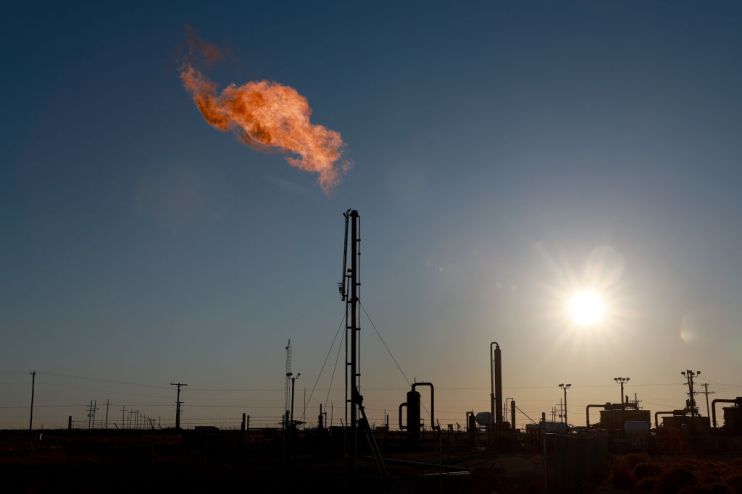OPEC+ to cut oil output as recession fears weigh down demand

OPEC and its allies (OPEC+) have agreed a small output cut in oil production to bolster prices that have dipped amid escalating fears of an economic slowdown.
The world’s leading oil cartel will reduce output by 100,000 barrels per day (bpd) for October – around 0.1 per cent of global demand.
The minor reduction essentially maintains the status quo, with OPEC+ looking to ride out wild fluctuations in oil prices.
The group remains wary of price volatility driven by weak macro sentiment, alongside thin liquidity and renewed Chinese lockdowns this summer.
Saudi Arabia last month flagged the possibility of output cuts to address what it sees as exaggerated oil price movements.
OPEC+ member states have also granted Saudi Arabia more powers over the group’s direction over the current crisis.
They have entrusted OPEC+ chairman, Saudi Energy Minister Prince Abdulaziz bin Salman al-Saud, with the power to intervene whenever necessary to stabilize crude markets.
This includes the right to call a meeting at any time if necessary, according to news agency Reuters.
While OPEC+ is scheduled the next meeting for 5 October, however the chairman now has the right to address market developments with additional meetings whenever the need arises.
Both major benchmarks have suffered sharp drops in recent weeks, with prices weighed down by fears of an economic slowdown and recession in the West.
Brent Crude oil has dropped to about $95 a barrel from $120 in June, while WTI Crude has fallen further to $88 per barrel.
Oil prices have been also dragged down by the prospect of a supply boost from Iranian crude returning to the market.
Iran is still in talks with the West over potentially revive the 2015 nuclear deal with global powers.
The country is expected to add 1m bpd to supplies – one per cent of global demand – if sanctions are eased,.
The White House confirmed on Monday that US President Joe Biden was prepared to take all steps necessary to shore up energy supplies and lower prices.
However, signs on the physical market suggest supply remains tight – with many OPEC states are producing below targets while fresh Western sanctions are threatening Russian exports.
The G7 has agreed to cap Russian oil prices to slash revenues funding the country’s invasion of Ukraine.
Russia has said it will stop supplying oil to countries which support the idea of capping the price of energy supplies.